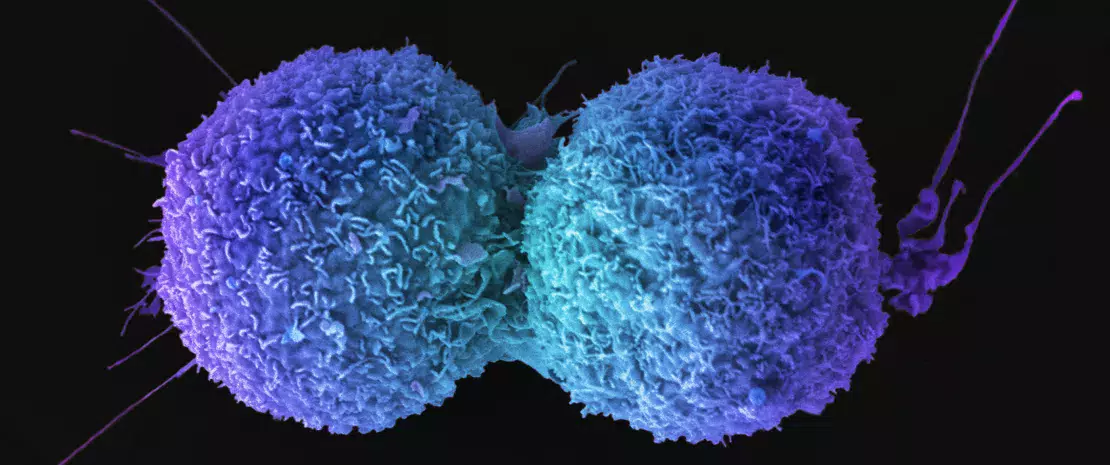What has the national grant allowed to discover in your microbiota research area?
Biocodex Foundation grant (2020) allow us to initiate a multidisciplinary study aiming to understand the interaction between the gut microbiota and women´s cognitive dysfunction.
Scientific evidence indicates that Alzheimer´s patients develop a more severe gut dysbiosis as disease progresses. Preliminary data from our laboratory show that female transgenic mice for Alzheimer´s disease lack specific gut bacteria related to estrogen metabolism. Estrogen is a sex hormone that associates with enhanced cognitive function. After menopause, the abrupt decline in estrogen levels correlates with cognitive dysfunction and dementia. Thus, we elaborate the hypothesis that gut dysbiosis might increase the risk to develop dementia in women due to lack of estrogen-related bacteria.
We designed a transversal clinical study with Alzheimer´s women and healthy controls in collaboration with the National Neurosurgery and Neurology Institute (INNN). As a translational approach we are running a preclinical study in CINVESTAV with female transgenic mice and wildtype littermates to determine the reproducibility of the human data. We are currently at the final stage to complete the experiments.
What are the consequences for the patient?
Being women is a risk factor to develop Alzheimer´s disease, as two thirds of cases worldwide are women. It has been proposed that the lack of estrogen after the menopause leads to cognitive dysfunctions and dementia. However, estrogen replacement therapies have not shown consistent results due to estrogen optimal levels and a narrow therapeutic window.
Nowadays, more than 50 million persons are diagnosed with Alzheimer´s disease, more than 33 million are women. If our hypothesis of work is approved, we can design therapeutic interventions to increase the abundance of estrogen-related bacterial to prevent cognitive alterations and dementia after menopause in women. This approach will impact significantly the quality of life of women for decades following the menopause.

 Pr. Maslennikov (Russian winner 2019): Probiotics & cirrhosis
Pr. Maslennikov (Russian winner 2019): Probiotics & cirrhosis
 Pr. Shifrin (Russian winner 2020): Gut microbiota & antibiotics
Pr. Shifrin (Russian winner 2020): Gut microbiota & antibiotics




















